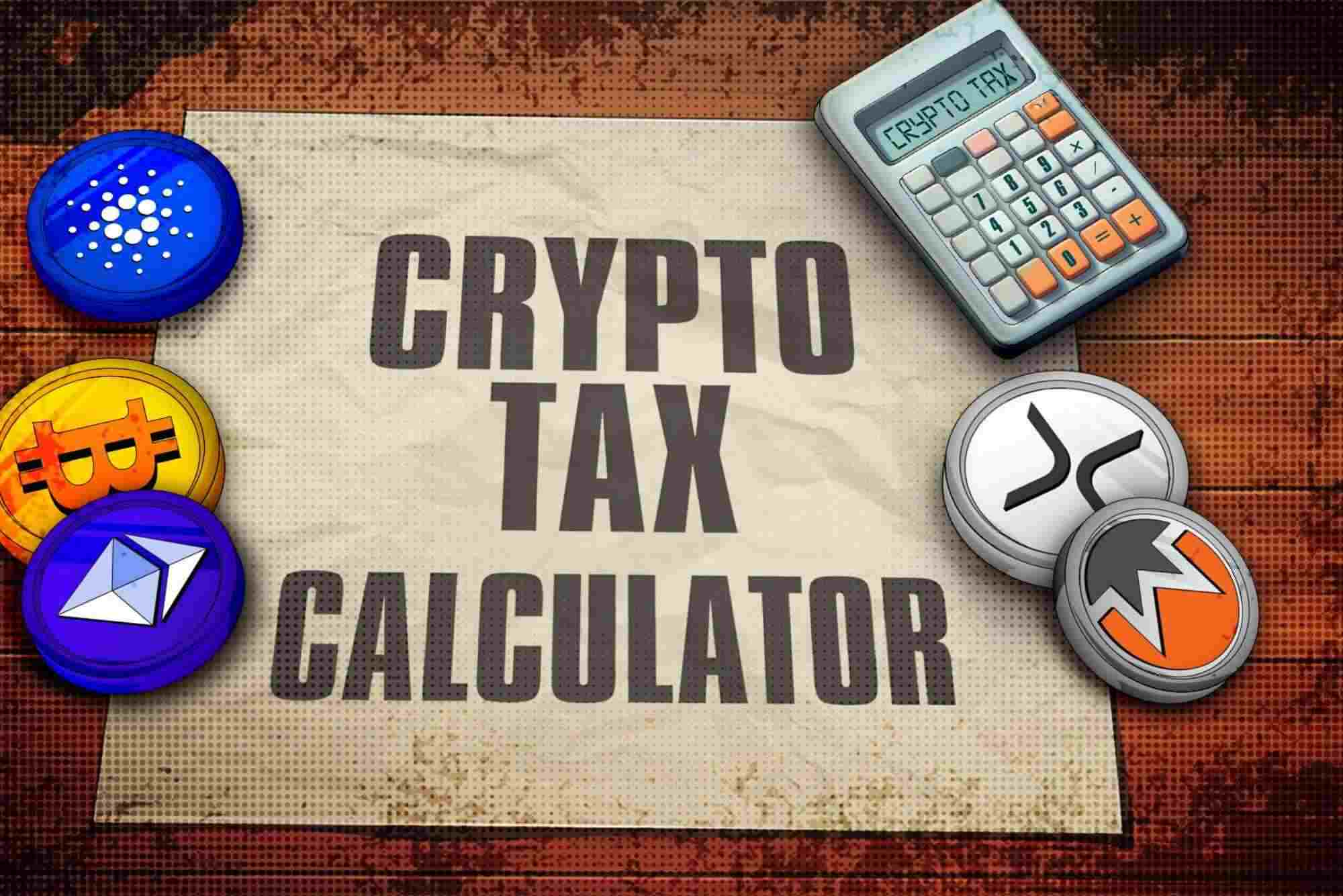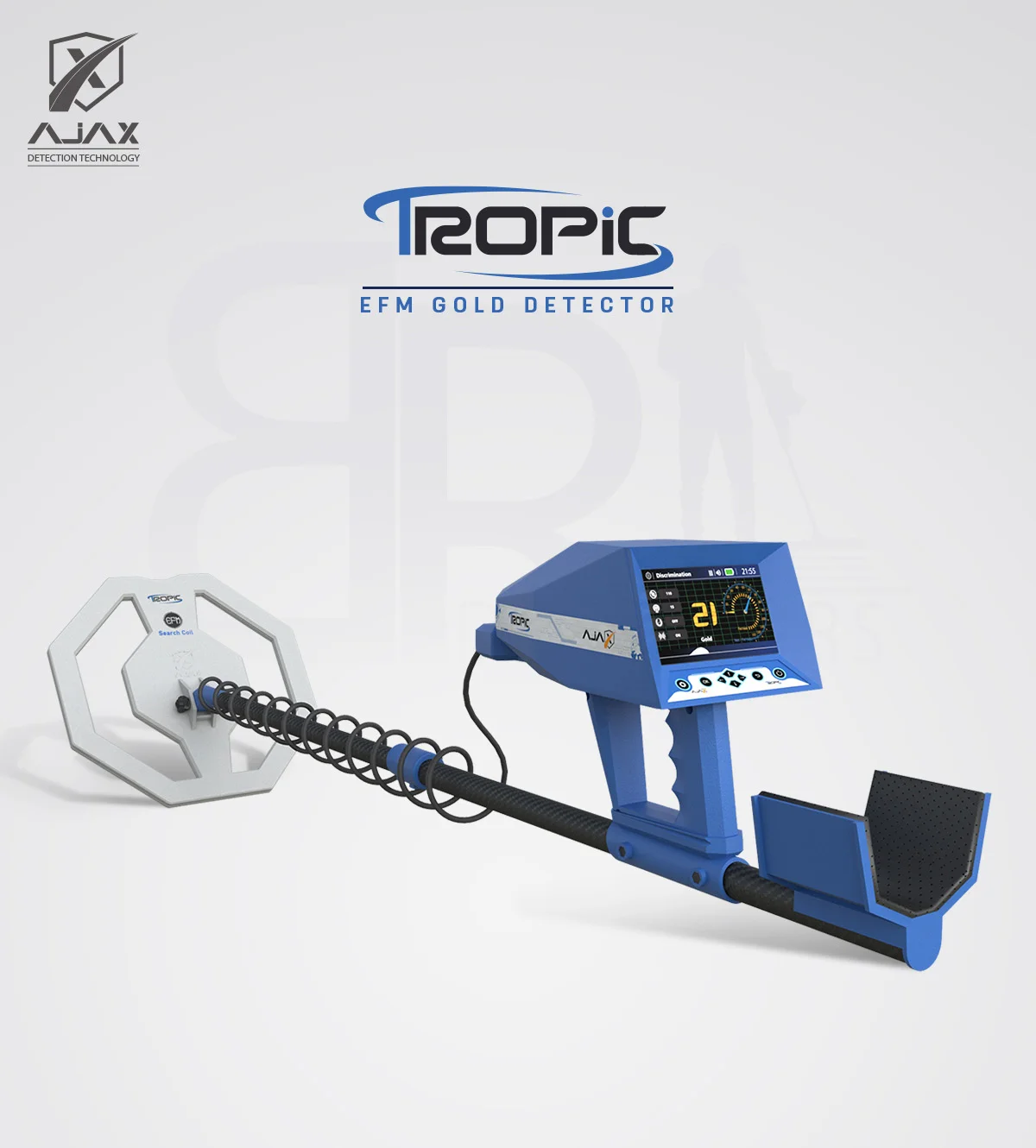Crypto Tax Calculator Reviews – Which One Is Right for You?
Managing cryptocurrency taxes can be complex. Tracking trades, profits, and losses across multiple platforms is time-consuming and prone to errors. That’s where crypto tax calculators come in. These tools simplify tax reporting, helping you stay compliant with local regulations. In this guide, we explore crypto tax calculator reviews to help you choose the right solution for your needs.
Why You Need a Crypto Tax Calculator
Cryptocurrency transactions are taxable in most countries. Every trade, sale, or exchange may trigger a capital gains event. Manually tracking every transaction is challenging, especially if you trade frequently.
A reliable crypto tax calculator:
- Consolidates transactions from multiple exchanges
- Calculates gains and losses automatically
- Generates tax reports compliant with IRS or local tax authorities
- Saves time and reduces errors
Choosing the right tool ensures accuracy and reduces the risk of audits.
Factors to Consider in Crypto Tax Calculators
When reviewing crypto tax calculators, several factors determine which tool is best for you.
Accuracy and Compliance
Accuracy is crucial. Look for calculators that adhere to the latest tax laws in your country. Some tools provide IRS-compliant reports, while others support international reporting standards.
Exchange and Wallet Integration
A good crypto tax calculator integrates with multiple exchanges and wallets. This feature allows you to import transactions automatically instead of manually entering data.
Pricing and Plans
Crypto tax calculators vary in cost. Some offer free plans for small portfolios, while others charge based on transaction volume. Evaluate pricing against your trading activity.
User Experience
Ease of use matters. A simple interface with clear reports saves time and reduces stress during tax season.
Additional Features
Some calculators offer portfolio tracking, DeFi support, and NFT transaction reporting. Consider these if you engage in advanced crypto activities.
Top Crypto Tax Calculator Reviews
Based on user experience, features, and pricing, here’s an in-depth look at popular crypto tax calculators.
CoinTracker
CoinTracker supports over 300 exchanges and wallets. It automatically syncs transactions and calculates capital gains. Its tax reports are IRS-compliant, and it offers a clean dashboard for portfolio tracking.
Pros:
- Automatic exchange syncing
- Comprehensive tax reports
- Portfolio tracking
Cons:
- Pricing can be high for large portfolios
Koinly
Koinly is known for simplicity and speed. It supports international tax rules and integrates with over 350 exchanges. Koinly also handles DeFi and NFT transactions.
Pros:
- Supports global tax rules
- NFT and DeFi support
- Easy-to-use interface
Cons:
- Some advanced features require higher-tier plans
CryptoTrader.Tax
CryptoTrader.Tax is popular among professional traders. It offers detailed transaction importing and generates audit-ready tax reports. It also integrates with popular accounting software.
Pros:
- Detailed transaction import
- Audit-ready reports
- Accounting software integration
Cons:
- Limited free plan
ZenLedger
ZenLedger offers robust support for DeFi and NFT transactions. Its interface is beginner-friendly, and it provides tax-loss harvesting suggestions to reduce liabilities.
Pros:
- DeFi and NFT support
- Tax-loss harvesting tools
- Beginner-friendly interface
Cons:
- Can be pricey for advanced features
TaxBit
TaxBit is ideal for businesses and high-frequency traders. It automates tax reporting and integrates with multiple exchanges and wallets. It also supports enterprise-level reporting.
Pros:
- Business-friendly
- High-volume transaction support
- Automated reporting
Cons:
- Overkill for casual traders
How to Choose the Right Crypto Tax Calculator
Choosing the best crypto tax calculator depends on your needs:
Assess Your Trading Activity
If you trade infrequently, a free or low-cost tool may suffice. High-volume traders need robust solutions with detailed reporting and integrations.
Check for International Compliance
If you trade globally or live outside the U.S., ensure the tool supports your country’s tax rules.
Consider Extra Features
Features like NFT support, DeFi tracking, and tax-loss harvesting can save money and simplify reporting.
Evaluate Pricing
Compare the cost against your portfolio size and trading frequency. The most expensive tool is not always the best for you.
Test the Interface
Many platforms offer free trials. Test the interface to ensure it’s intuitive and meets your workflow.
Tips for Using Crypto Tax Calculators Effectively
- Import all your exchange and wallet transactions.
- Review reports carefully for discrepancies.
- Keep records for audits.
- Update the calculator regularly with new trades.
- Combine with traditional accounting tools for full financial oversight.
Common Mistakes to Avoid
- Ignoring small transactions, which can add up.
- Forgetting to include staking, airdrops, or NFT sales.
- Not updating the software with the latest tax rules.
- Choosing a tool solely based on price.
Internal Resource
For those who enjoy blending crypto trading with lifestyle habits, check out our [fruit punch vape juice] guide for a fun break while tracking your portfolio.
FAQ – Crypto Tax Calculator Reviews
What is the best crypto tax calculator for beginners?
Koinly and ZenLedger are beginner-friendly, offering intuitive interfaces and easy tax reports.
Can I use crypto tax calculators for NFT transactions?
Yes, tools like Koinly, ZenLedger, and CoinTracker support NFT reporting.
Are crypto tax calculators accurate?
Most reliable calculators are accurate if transactions are imported correctly and the platform is updated with current tax rules.
Do I need a crypto tax calculator if I have few trades?
It depends. Even a few trades can create taxable events. Free tools or manual tracking may suffice for small portfolios.
Can crypto tax calculators handle DeFi transactions?
Yes, advanced calculators like Koinly and ZenLedger support DeFi and staking transactions.
Crypto tax calculators are essential tools for anyone trading digital assets. They simplify reporting, reduce errors, and help ensure compliance. By reviewing features, integrations, pricing, and usability, you can select the right tool for your portfolio. Whether you’re a casual investor or a high-frequency trader, investing in a reliable crypto tax calculator saves time and stress.




